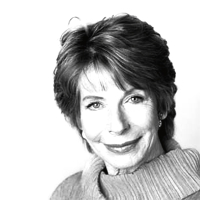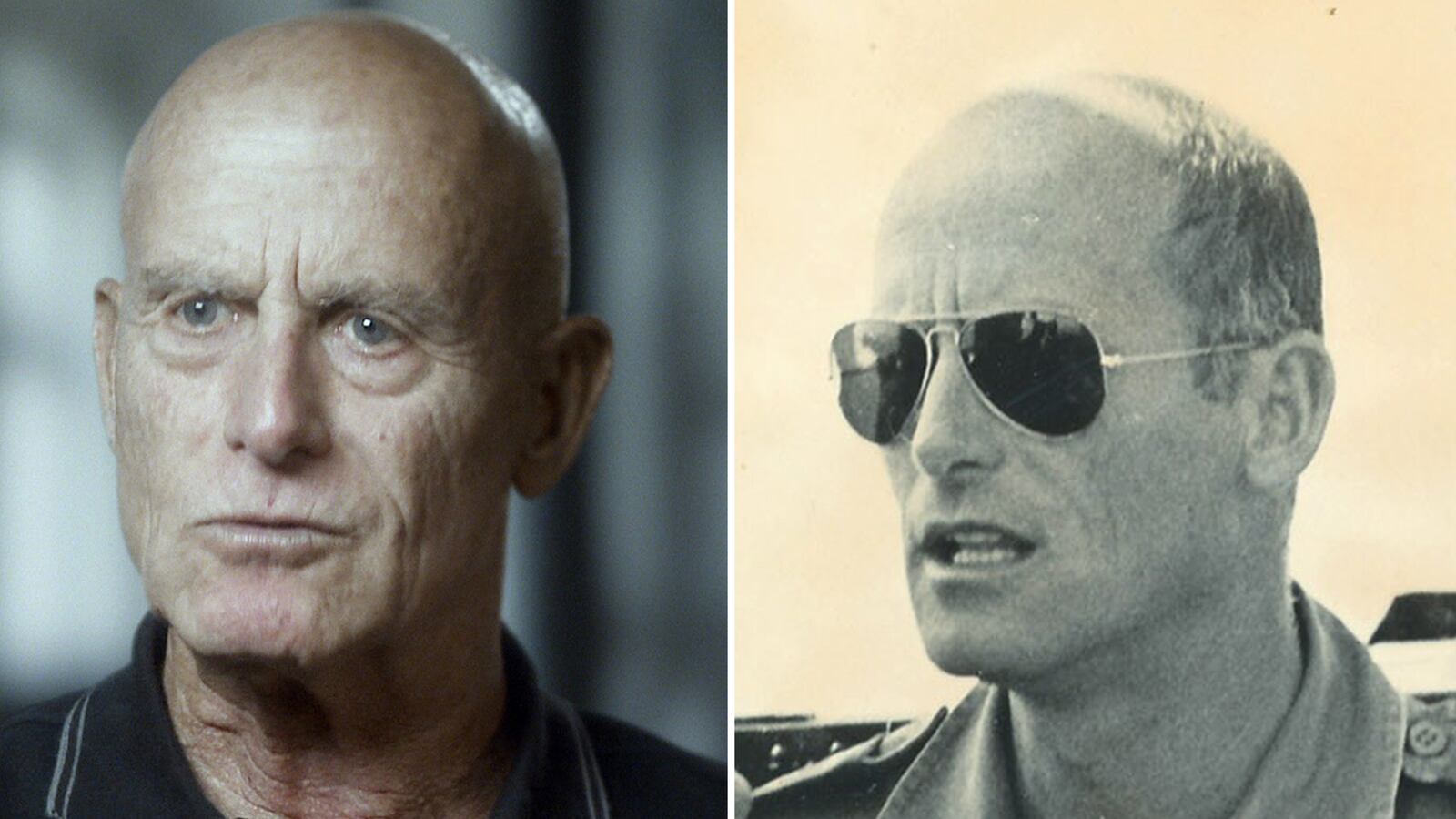Just as a stunning new documentary began to crack the seal of self-censorship by New York Jewish critics of Israel, city politicians made a ham-fisted effort to shut down a Palestinian forum at Brooklyn College.

This week, audiences of The Gatekeepers heard six retired, hardboiled, mostly bare-skulled directors of the Israeli secret intelligence service, Shin Bet, confess their utter failure to suppress the violent Palestinian resistance to occupation. They shocked American Jews and non-Jews alike with their honesty, their shame, their despair. Meanwhile, 10 members of the New York City Council were threatening to withdraw funding from Brooklyn College, where Students for Justice in Palestine had invited a Palestinian activist to present his cause—to boycott the “Israeli apartheid.” It took the courage of a strong college president, Karen Gould, and the ridicule of a staunch defender of Israel, Mayor Michael Bloomberg, to resist the politicians’ effort at censorship. The result of the back-and-forth was guaranteed national publicity for the very ideas the politicians wanted to muzzle.
On Thursday night, however, the forum went off without a single hateful word. At most, 100 protesters stood across from the Student Center. The pro-Palestinian group held up one ugly poster: Israelis Sterilize Blacks. Jewish students, who comprise one fifth of the school’s population, raised polite signs demanding academic integrity. Police, out in force, were confined to directing traffic. Community members stood quietly in line to enter after being checked off a list.
Inside, the lecture room was filled to its 265 capacity, plus a wall of standees. Amid a predominately white audience with many liberal Jews were rows of female students wearing head scarves and male students draped in keffiyeh, a Palestinian signature. All remained respectfully silent through the two-hour lecture. Omar Barghouti, the Palestinian founder of the controversial Boycott, Divestment and Sanctions (BDS) campaign against Israel, spoke with a crisp intellectual command of his arguments. With master’s degrees from Tel Aviv and Columbia universities, he was able to draw parallels between human-rights struggles in America, Israel, and South Africa. He characterized what he calls the Israeli apartheid as more brutal than what American blacks went through before Martin Luther King Jr. He received a standing ovation.
“The Zionists just stayed away. They don’t want to hear this view,” said Jane Hirschmann, a member of Jews Say No (to occupation) and the mother of a City College student. “The outside agitators, like Alan Dershowitz, did us a favor,” she said. “If they hadn’t tried to shut it down with City Council members, it would have been just another ho-hum event on campus.”
Instead, the BDS movement was given national exposure. As Americans are now learning, BDS was founded in 2005 and is the largest civil movement against Israel. Its three stated goals are to end the occupation, end apartheid, and guarantee the right of return of Palestinians to their homeland.
Barghouti has become the most public face of BDS on American campuses in the last few years. He has spoken at Harvard, Rutgers, and New York University, and in the past week appeared at Yale, the University of Pennsylvania, and the University of California at Irvine.
The human-rights activist cited one of the Shin Bet directors in The Gatekeepers, Yuval Diskin, to underscore his allegation that over the past 15 to 20 years Israel has become more racist. Barghouti, claiming that 50 percent of Israelis agree that their state practices some form of apartheid, defined the phenomenon as “the systematic oppression of one racial group by another, institutionalized by law.” He attempted to paraphrase President Obama by saying, “Israel becomes more and more of a pariah, which alienates even its only good friend, America.”
Barghouti went so far as to claim that “the Israeli apartheid has ‘Made in U.S.A.’ written all over it.” Not a peep of protest from the audience. One middle-aged Jewish woman muttered, “I’m sick of my taxes going to fund Israel at $8 million a day.”
He reported success at having diverted millions in investments by giant European corporations away from Israel. More divisive is the BDS effort to boycott Israeli academic and cultural institutions by coaxing American and European venues to cancel Israeli bands and entertainers.
I asked Barghouti if his boycott of academic institutions didn’t contradict his demand of academic freedom to present his views.
“We are for holding Israel’s academic and cultural institutions responsible because of their deep involvement in planning, implementing, and whitewashing the Palestinian apartheid,” he said, as he signed books. “They are deeply guilty, every one of them. “
***
The night before, another largely Jewish audience sat mute and motionless for two hours in an Upper West Side movie theater after a riveting screening of The Gatekeepers. All 235 seats in Lincoln Plaza Cinema were filled. We had seen footage and re-creations of the dreary history of Israel’s occupation of the West Bank and Gaza since 1967. The next seat-holder and I shared reactions. Ken Diamondstone introduced himself as a small-time developer from Brooklyn.“I’m a Jew, and my reaction wasn’t anger, it was sadness, “ he said. “These are the leaders of Israeli intelligence, and to a man, they say all their efforts to contain violent reactions to the occupation have been a failure.”The Shin Bet chiefs control the lives and events of those in the territories. They all emphasized the government’s total lack of any long-term strategy. They have only a toolbox of brutal tactics to keep the lid on. Those tactics, they admit, have been broadly effective in making lives miserable, destroying trust, and aiding Hamas in selling the benefits of becoming a suicide bomber.In the film, Ami Ayalon, a youngish man with lips like a knife slash who retired as Shin Bet chief in 2000, describes a slow descent by both sides into “chasms of hatred.” He tells of having coffee with a longtime Hamas sympathizer who finally spells out their goal: victory is imposing maximum suffering on you. You impose maximum suffering on us. After 20, 30 years, we reach a balance of power.Ayalon sums up the futility of this lockstep dance. “This is the tragedy of Israel. We win every battle, but we lose the war.”The motive of the director of The Gatekeepers, Dror Moreh, is to open a dialogue. Although the film was reviewed by government censors, the participants obviously had no fear of lambasting the politicians. It is chilling to hear these terrorist hunters describe how the government handled a bunch of establishment figures who plotted to dynamite the Dome of the Rock. Had they succeeded, the collapse of the shrine from which Muḥammad is said to have ascended to heaven would have brought the entire Islamic world down on Israel. Like the spymasters, we are sickened to learn that the plotters were given light sentences and allowed quickly to return to high government posts.According to Sony Classics co-president Michael Barker, the Oscar-nominated documentary is a hit in Israel, where the film is moving out of art houses and into multiplexes. After this week’s run in New York and Los Angeles, it will be rolled out to San Francisco and Chicago and over six to eight weeks to 50 to 100 more cities and towns.The larger question is impact: will it open minds, or even change some minds, in America?Dan Talbot, Lincoln Plaza’s owner, allowed me to open a dialogue with the audience Wednesday night.“What surprised you? What did you learn?” I asked about 25 patrons.“Who made this movie?” a reasonable-sounding man asked.“Leftist guy!” shouted an angry man before I could speak.He was confronted: “Do you think these retired Shin Bet men represent the most leftist people?”
Boom—less than 60 seconds in, and a match had exploded in the gas tank. I had intended to explain that the director-narrator, Moreh, is a moderately liberal Israeli whose reputation as a fair-minded documentarian allowed him to recruit these six conservative men to relate their experiences and bare their souls with only rare follow-up questions.
David Zucker introduced himself as a 38-year-old Zionist who believes Palestinians have a right to self-determination. But he acknowledged being depressed. “The occupation is brutal and disgusting, but it exists for a reason,” he said. “What’s the alternative, leave the West Bank and turn it into Gaza?”
A Palestinian man with slick-backed hair offered an alternative: “If we can build a ladder of trust, we can get there—we’ve been trying since ’93.”
An Israeli-born woman interjected: “One of the most dangerous things to Israel is their own people, the Orthodox groups. The movie showed it.”
A thoughtful-sounding man with glasses saw a greater danger: “This country gives Israel a blank check, over $8 million a day, and we still don’t know what they they’re hiding in the Dimona desert.” He was referring to an Israeli nuclear installation in the Negev, where Israel maintains a policy of “nuclear ambiguity.”
“Hopefully, nuclear weapons,” said Zucker.
“Why do you say ‘hopefully’?” probed the thoughtful man.
“’Cause I don’t want Holocaust No. 2.”
“So, as soon as I try to bring up America’s ties to a nuclearized Israel, I’m a self-hating Jew.”
“Of course you are!” Zucker shot back.
I called timeout. How many believed it is more difficult to have a civil dialogue about Israeli-Palestinian relations in America than in Israel? A chorus of voices agreed. “As proven by this discussion,” Zucker added.
Only after 20 minutes did two of the patrons show any evidence of having heard what was said in the film. The thoughtful man said he was surprised at how the top security officials expressed their own ambivalence and regrets. An elderly American woman was impressed that the speakers were “very courageous and candid with themselves.”
That is why Moreh presents his film as pro-Israel. The weight of all these confessions leads inevitably to a plea for peace and negotiation with the Palestinians—and, implicitly, a two-state solution. But only those who are open to listening would hear it.






